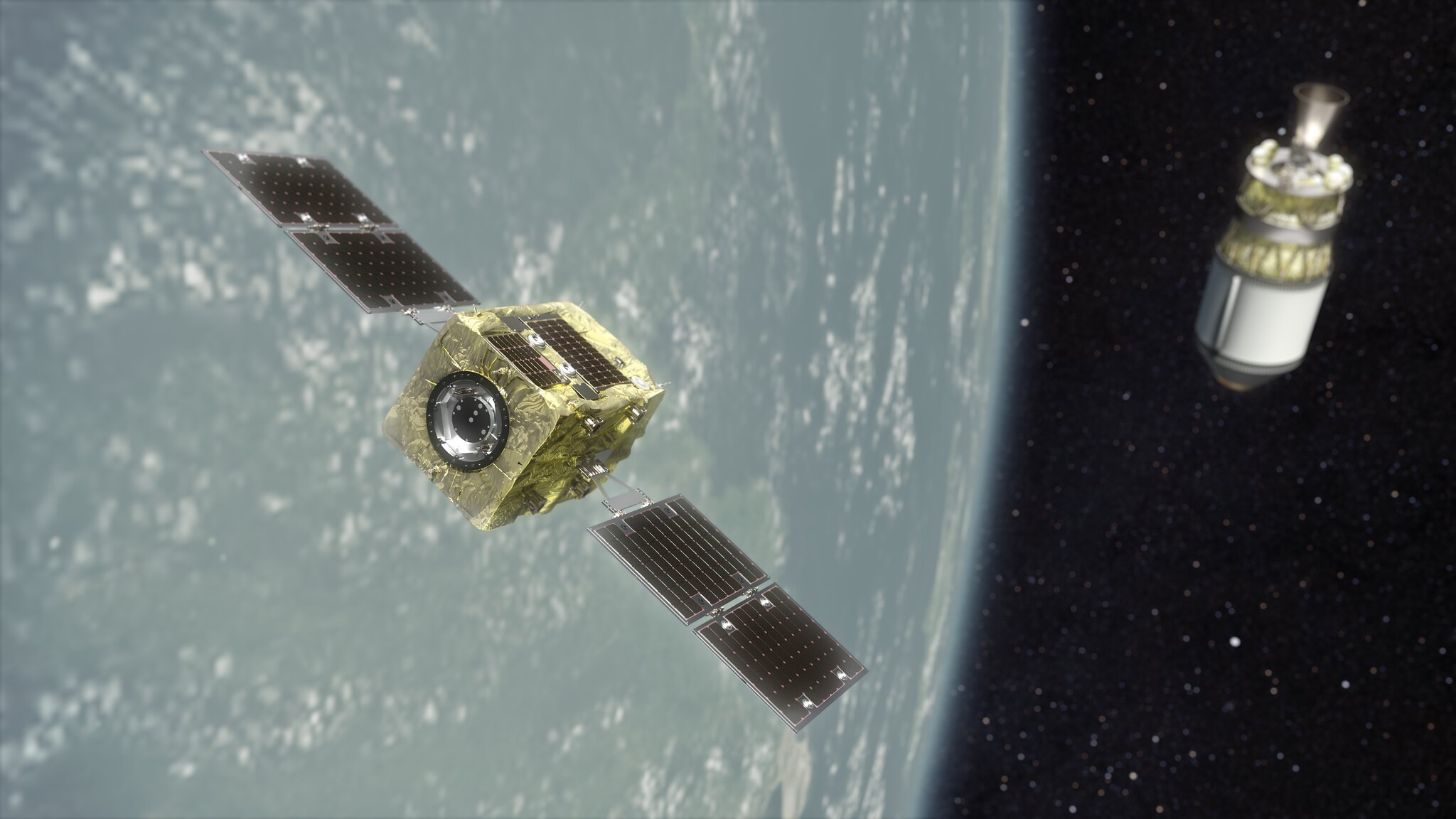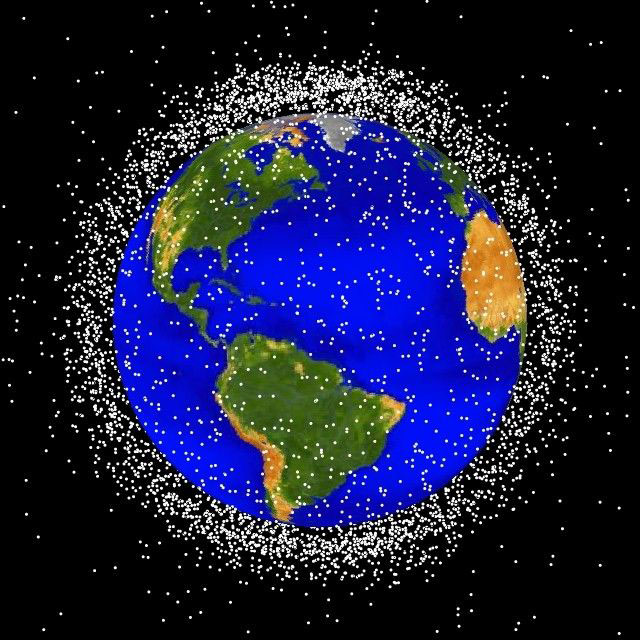
The U.S. Department of Defense is tracking more than 27,000 pieces of “space junk” as they orbit the Earth, according to NASA. And in 2023, Rocket Lab will launch a demonstration satellite meant to remove that orbital debris, the Long Beach-based company announced Tuesday.
Space debris could be natural meteoroids as well as human-made objects such as nonfunctional spacecraft, abandoned launch vehicle stages and other mission-related debris. Much more debris that is too small to be tracked also is circling the planet–and even tiny pieces could be catastrophic for space missions, as objects are traveling approximately 15,700 mph in low Earth orbit, according to NASA.
The amount of space debris grows with every mission, so Rocket Lab has penned a deal with Astroscale Japan Inc. to launch the satellite, dubbed the Active Debris Removal by Astroscale-Japan (ADRAS-J).
“Reliable and commercially viable launch vehicles like Rocket Lab’s Electron rocket enable frequent and flexible access to space, allowing us to advance our on-orbit services which are fundamental to the growth of the space infrastructure and economy,” Nobu Okada, founder and CEO of Astroscale said in the announcement.

Once deployed to a precise orbit by Rocket Lab’s Electron rocket, the demonstration ADRAS-J satellite will intercept a long-abandoned upper-stage rocket body. The satellite will not remove the debris from orbit, but rather test its systems in close proximity to the rocket body and obtain images of the debris to gather observational data about the debris environment.
A planned second mission of the ADRAS-J will demonstrate the removal of debris. The contract for that mission has not been awarded.
The mission is part of the first phase of the Japan Aerospace Exploration Agency’s Commercial Removal of Debris Demonstration. The program is one of the world’s first technology demonstrations for the large-scale removal of orbital debris, according to the announcement.
“The ability to actively remove satellites and debris from orbit at the end of their operational life will likely play a key role in ensuring a sustainable space environment for the future,” Rocket Lab founder and CEO Peter Beck said in the announcement.
“Rendezvousing with a piece of debris on orbit, traveling at around [15,700 mph] per hour, is a highly complex task that requires absolute precision when it comes to orbital deployment,” Beck added.
